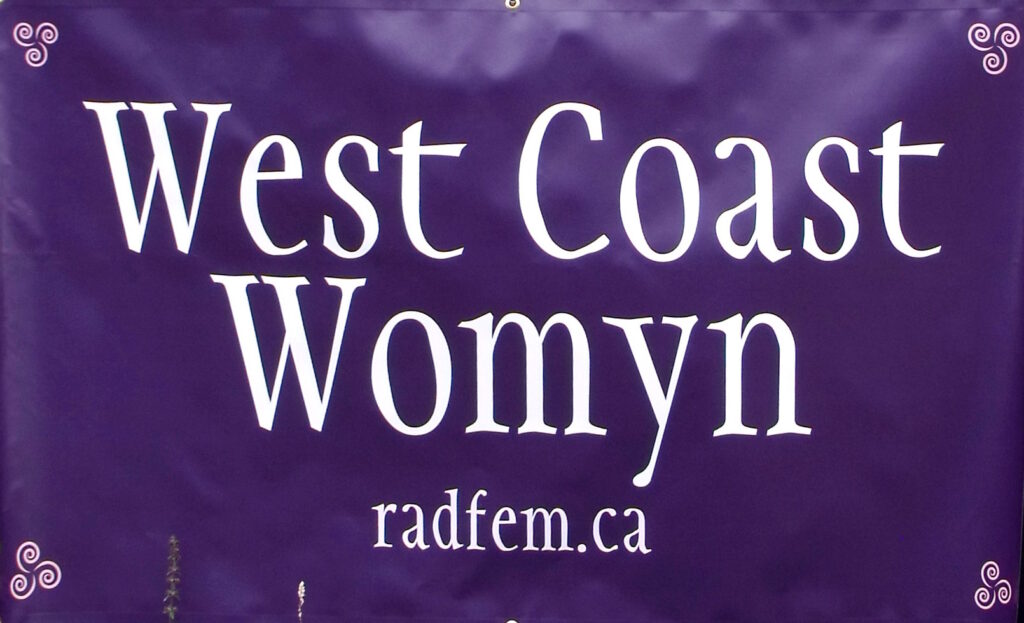Dear Auntie Civ:
Thanksgiving is here, which prompts me to ask about a matter that’s been bothering me for quite some time, namely, why are environmentalists and the social justice crowd not on board with vegetarianism?
To be fair, I’m not talking about people with allergies or sensitivities, whose eating options are narrowed for reasons not of their choosing. Instead, I’m recalling the countless environmental meetings where meat and dairy products are served without question, often at the expense of animal-free offerings.
As early as 1971, we had books like the Diet for a Small Planet, exposing the degradation and social injustice of mass meat consumption. There have been hundreds of books and documentaries highlighting the health, environmental, and social equity benefits of animal-free eating.
Currently, we have the book Eating Animals by Jonathan Safran Foer, who questions why we treat our individual companion animals with such reverence, while we imprison and slaughter sentient beings by the millions, under conditions that make Guantanamo Bay look like a spa.
What’s with the social justice and solidarity people who still endorse this system? Some even try to excuse themselves on the basis of the existence of local, humanely-raised meat, even though they are not motivated to seek it out.
Humane considerations aside, factory farming is a colossal contributor to global warming, pollution, and resource depletion. Do you see any hope for change?
— Anne
Dear Anne,
Thank you for your passionate and articulate letter! But I can’t give you any false hope. If we all quit eating meat tomorrow, would that stop the tar sands from dumping millions of gallons of toxic waste into the Athabasca River? Would it prevent the destruction of millions of hectares of old-growth forest? Would it clean up the Texas-sized island of plastic garbage in the Pacific Ocean, slow down the extinction of the mountain caribou and the spotted owl, or reverse runaway climate change?
In North America, pre-contact societies hunted extensively. Did they wipe out the buffalo, the salmon runs, the sea lions and the great auks? No, the “civilized” colonists did that.
Going veg can’t and won’t save the planet, because the problem is civilization, and civilization is not sustainable. Consider: every city, by definition, imports vast quantities of food, water, and materials of all kinds from outside its borders. The supply of food, water, and materials is finite, but the capacity to consume and waste is limitless, apparently. Threats to the ecosystem include factory farms and industrial agriculture, along with all the other side effects of an unsustainable culture.
The devastating effects of industrial agriculture were obvious decades ago, when the Dust Bowl was born from “wheating the land to death.” We now know that monocultures deplete soils and long-term irrigation drains aquifers and devastates ecosystems. The cumulative impacts of fertilizers, pesticides, and herbicides have damaged the entire web of life, from bees to whales. And commercial farmers still won’t give up the poison!
I don’t think there’s going to be a wholesale shift to suddenly reform and save this culture. I think it’s going to crash. Of course, caring people want to take action and stop this mayhem, but it goes beyond lifestyle changes. Instead of throwing water at the fire, shouldn’t we try to shut off the flamethrower?
Love,
Auntie Civ
xxx000
Related post – Auntie Civ: How to Bring it Down and Why



Dear Amy (and everyone who wants to argue about veganism):
If your question is “Should I be vegan?” I would say, “Sure, go ahead, do whatever you want. Unless it makes you sick, then you should stop.”
The question above was “Why don’t my non-veg friends see that they are destroying the planet?” My answer is: “Industrial capitalism is destroying the planet. Stop bashing your friends.”
The end result of civilization is climate change, massive die-offs, and toxic ecosystems. Attacking other enviros and and trying to shame them is not helping. Green consumerism is not going to save the planet.
Finally, please note: If you want to leave long argumentative comments on my blog, you will have to include a real email address. Otherwise, your comments may not be published.
Thank you.
I agree that society may be highly traumatized. Society shuts down to anything that threatens personal well being collectively. Society will turn on itself eventually.
Pingback: Tweets that mention Dear Auntie Civ: Why do environmentalists eat meat? « Wild Coast -- Topsy.com
Pingback: Dear Auntie Civ: Why Do Environmentalists Eat Meat? Wild Coast
I would add that even non-industrial agriculture is destructive. Exactly where the line is crossed into sustainable horticulture such as permaculture-based gardening and the kinds of gardening practiced by hunter-gatherers is hard to say. My best guess is that the problems start when a society begins to *depend* on growing food as their primary means of subsistence. An article I wrote is relevant to all this.
Agriculture: Ending the world as we know it:
http://www.canyoncountryzephyr.com/newzephyr/august-september2010/html/aug10-20.htm
Hi Auntie Civ,
I’m curious where your name comes from. Perhaps someone posted it on a certain forum where you may have seen it?
Thanks,
Uncle Heist
Hallo, Auntie Civ.
You replied to the letter saying that “If we all quit eating meat tomorrow, would that stop the tar sands from dumping millions of gallons of toxic waste into the Athabasca River? Would it prevent the destruction of millions of hectares of old-growth forest?”
This certainly is true to a degree, though actually some of the destruction of forests is fostered by the increasing demand of farmland for cattle in South America. So if all people stopped eating meat, this would at least slow down the destruction.
Of course you cannot stop the tar sands by eating less meat – but you would also not stop the destruction of forests by driving less or consuming less oil products. What I am saying is that you cannot stop one kind of destruction by changing things that are not related. If all people stopped eating industrially farmed meat, it would cut down on agriculture and expansion of pastures, if all people stopped consuming oil it would cut down on tar sands mining. In the end of course all of these have to stop, but I am not sure if it is appropriate to excuse not adressing one problem by pointing to other problems. Rather we need to adress all of these problems, preferrably on a scale that goes beyond personal lifestyle choices.
The problem I see with vegetarianism as a solution to the global crisis is, that if all people stopped eating meat, the population would increase even more, the production of biofuels would become economic and in the long run, the problems industrial civilization causes will be even greater and the fall upon collapse even harder.
Sincerely, Amy